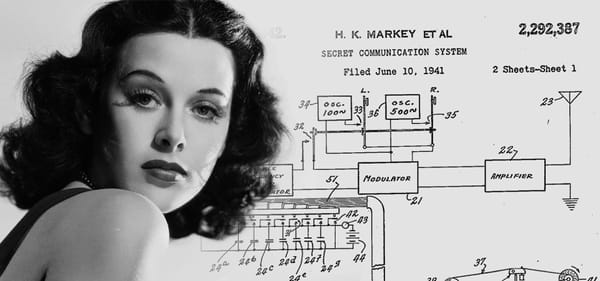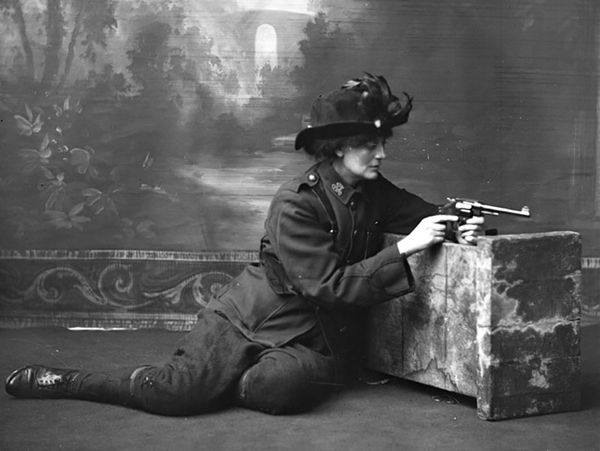Kofoworola Abeni Pratt - Nigeria's Nightingale
Nigeria's answer to Florence Nightingale, Kofoworola Abeni Pratt was the first BAME nurse in the NHS and helped to shape modern nursing in Nigeria.
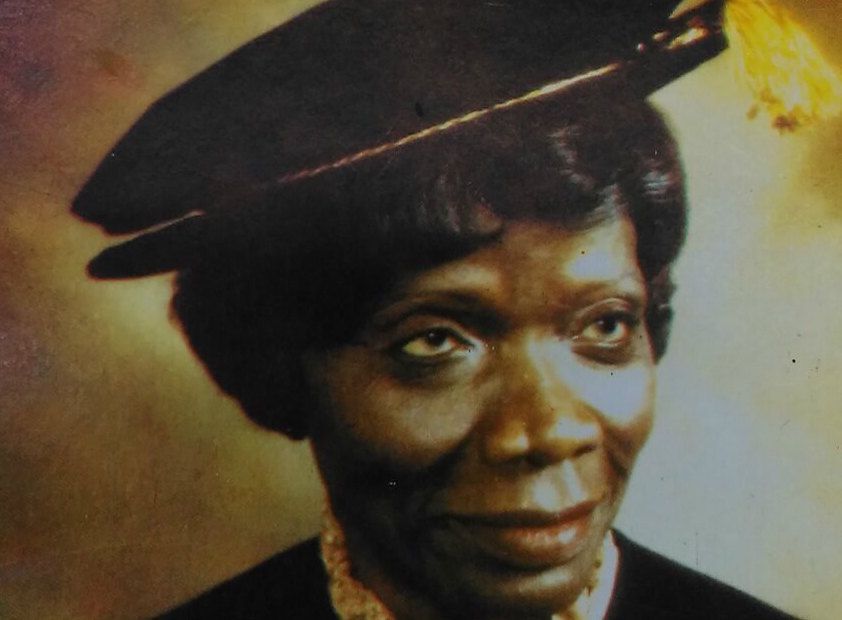
A pioneer of nursing in Nigeria and the first BAME nurse in the NHS, Kofoworola Abeni Pratt (nee Scott) was born in 1915 to a prominent Nigerian family in Lagos. (1) Although she wanted to be a nurse from childhood, Kofoworola's father felt nursing was not a respectable career. Many have drawn similarities between Kofoworola and Britain's most famous nurse - Florence Nightingale. Both were told that nursing was not a suitable career, instead, Kofoworola passed the Cambridge senior schools certificate in 1933 and went on to study teaching at the United Missionary College in Ibadan, Nigeria (2). From 1936 to 1940 she taught History at the CMS girls' school (1).
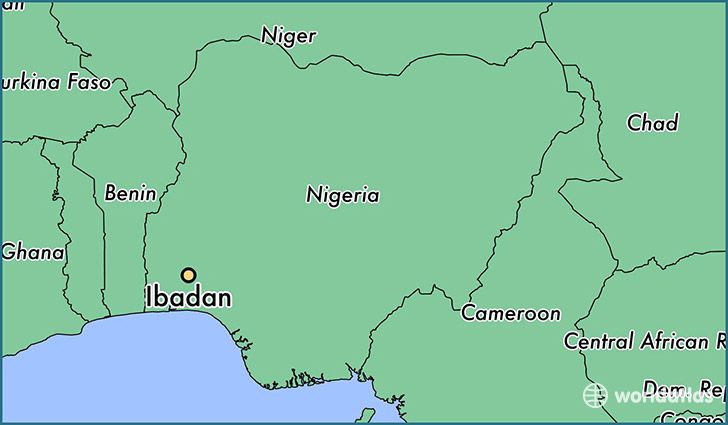
In 1941, Kofoworola married Eugene Samuel Oluremi (Olu) Pratt, a pharmacist who supported his wife's desire to become a nurse. Olu's career meant the couple moved around multiple times in the early years of their marriage. Tragically, the couple's first son died in infancy. Their second son was born in Lagos in 1943 and the following year Olu went to London to receive British medical qualifications. In 1952, their third child was born in London (2).
In 1946, two years after Olu had moved to London, Kofoworola joined him and began training as a nurse at the Nightingale School at St Thomas' Hospital where, in 1948, she passed her preliminary exams and her finals in 1949. Consequently, on 25 November 1949, she qualified as a State registered nurse. Kofoworola received excellent marks in her exams and completed extra certification in midwifery and tropical diseases. She would later complete qualifications in Hospital nursing administration (3). Her success in becoming a qualified nurse made Kofoworola Abeni Pratt the first BAME nurse in the NHS, where she worked for 4 years. Whilst nursing, she was granted funding to observe nurse training techniques in other countries. She was particularly impressed with the University based training which she observed in the USA, something which would inform decisions later on in her career.

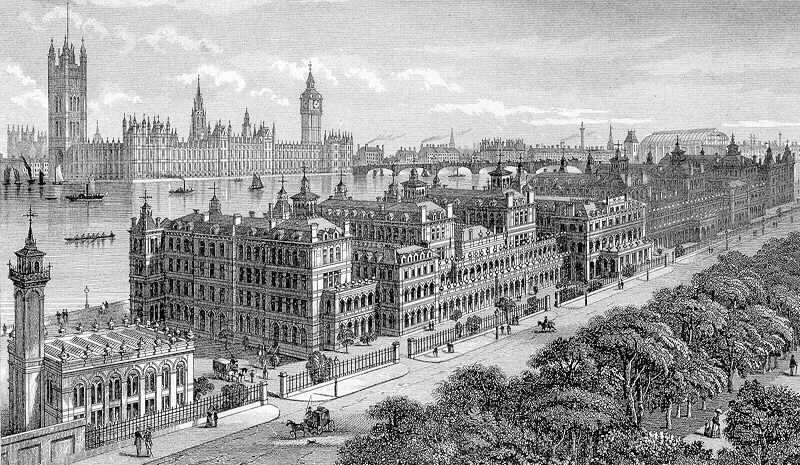
In 1954, Nurse Pratt returned to Nigeria. Here she achieved a successful nursing career, becoming the first Nigerian ward sister. She had, at first been denied this role as it was reserved for British expatriates however, with support from colleagues at St Thomas' Hospital, she was offered a position at the University College Hospital, Ibadan - the top hospital in Nigeria. (1, 3) Kofoworola was moved to the medical ward at Adeoyo Hospital which was still under construction. Whilst there she worked to impose new standards for hygiene and nutrition, whilst helping reform the hospital administration. In 1955 she was promoted to administrative sister. In 1961, following time spent in London studying nursing administration, and time in other countries observing nursing practice, Kofoworola was appointed deputy matron at University College Hospital, Ibadan. She was promoted to matron three years later in 1964, making her the first Nigerian to hold the post. Whilst matron she established a nursing school at the hospital and also helped found the Professional Association of Trained Nurses in Nigeria.
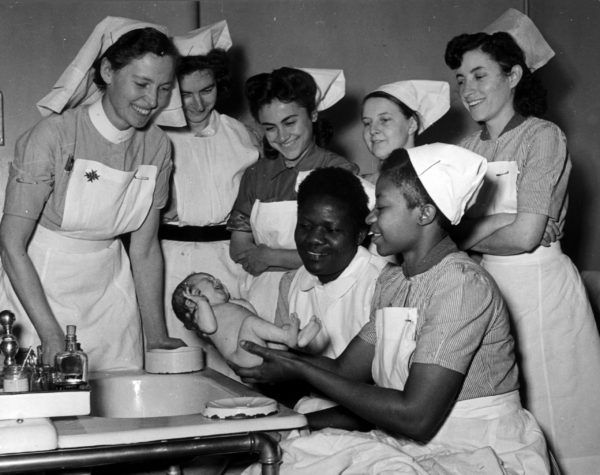
In the 1970s Kofoworola worked as the chief nursing officer for the Federal Ministry of Health in Nigeria, later becoming the Commissioner of Health in Lagos. In 1971, she became President of the National Council of Women's Societies in Nigeria. From 1973 to 1975 Kofoworola performed as Minister of Health for Nigeria. During her time in office, she achieved reforms for Doctors, Nurses and Public Health. Her term was brought to a premature end by a military coup.

On 18 June 1992, Chief Kofoworola Abeni Pratt died. Over her lifetime she recognised the significance of political action in improving healthcare, she oversaw the expansion of healthcare in Nigeria and the building of hospitals. She saw the equipping of boats designed to help take healthcare to rural villages by water, and she strove to improve conditions for Nurses. Unusually for her time, through all of this, she was also a wife and a mother. Kofoworola has been regularly forgotten by the history books, unlike Florence Nightingale despite the similarity in their achievements. She was so much more than just the first BAME nurse in the NHS, her achievements extended far beyond the colour of her skin.
Kofoworola's life was dedicated to improving healthcare and providing the best service to those in need, and she did not go completely unrecognised. She was awarded the Florence Nightingale medal in 1973, the highest international distinction a nurse can achieve. Two years later, in 1975, she was awarded a chieftaincy title in recognition of her services to Nigeria. In 1979 she was also made a fellow of the Royal College of Nursing. If we consider the work of Florence Nightingale to be significant enough to teach children across the country about her work, then we should not neglect to consider the equally significant achievements of Chief Kofoworola Abeni Pratt.

Further reading



